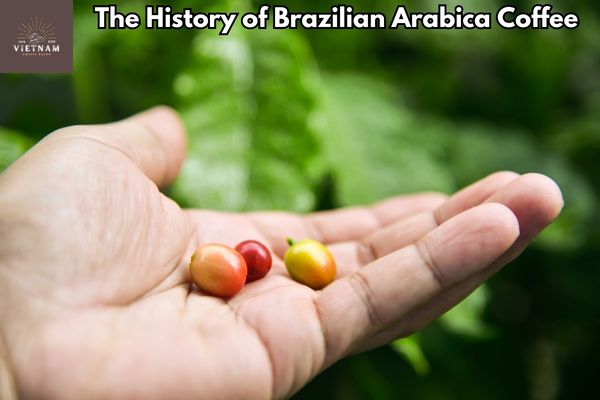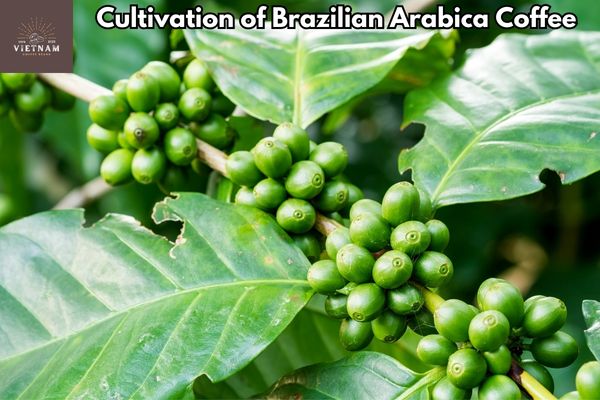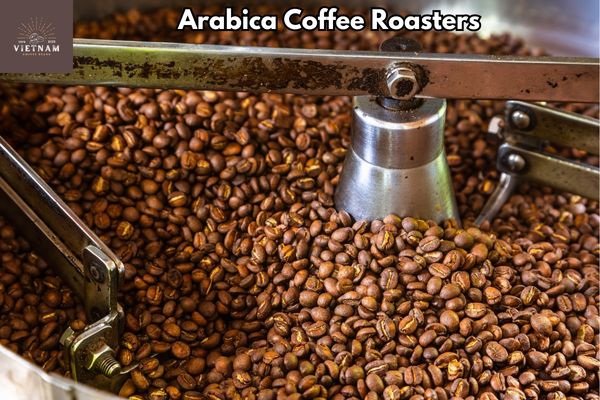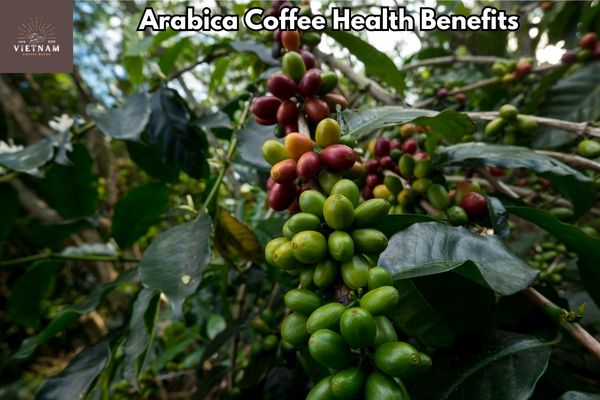Did you know that Brazilian Arabica coffee is responsible for 40% of the world’s Arabica coffee production?
This popular variety of coffee, grown in high-altitudes regions of Brazil, has a delicate flavor and low acidity that makes it a special treat.
In this article, I’ll be exploring the history, cultivation, flavor profile, and brewing tips for Brazilian Arabica Coffee to help you get the most out of your cup.
Key Takeaways
- Brazilian Arabica coffee has a rich history and heritage in Brazil’s economy, society, and culture.
- It is grown in high-altitude regions of Brazil at 800 to 1,600 meters above sea level, making the cooler temperatures and lower atmospheric pressure ideal for high-quality beans.
- Brazilian Arabica coffee has a delicate flavor with low acidity, medium body, and taste notes of chocolate, nuts, and fruit.
- To fully enjoy Brazilian Arabica coffee, one can experiment with different brewing methods, try different roast levels, and pair it with foods like chocolate, nuts, and pastries.
The History of Brazilian Arabica Coffee

You may not know it, but Brazilian Arabica Coffee has a long and fascinating history dating back to the 18th century. It was introduced to Brazil by Francisco de Mello Palheta and quickly became the largest coffee producer in mid-19th century.
To regulate the industry and promote export, the Brazilian Coffee Institute (IBC) was established in 1930s – today, Brazil accounts for 40% of global Arabica coffee production.
Grown in high-altitude areas with rich volcanic soil, its smooth and balanced flavor is characterized by low acidity and good body, with chocolate notes as well as nuts and fruit flavors.
This distinctive coffee has become deeply ingrained into Brazilian’s economy, society, and culture – making it more than just a drink!
With careful harvesting techniques ensuring that only ripe cherries are picked by hand during the season of May to September, this coffee offers an unforgettable experience.
Transitioning from its history to its cultivation practices reveals how truly special this beverage is.
Cultivation of Brazilian Arabica Coffee

The cultivation of Brazilian Arabica coffee is deeply intertwined with the rich history of Arabica coffee, as it traces its roots back centuries to the birthplace of coffee in Ethiopia, showcasing the enduring legacy and cultural significance of this remarkable bean.
Grown in high altitude regions, these beans require cooler temperatures and lower atmospheric pressure for producing premium quality. Brazilian Arabica Coffee is known for its delicate flavor, low acidity, medium body, balanced acidity and subtle sweetness. It produces notes of chocolate, nuts and fruit that thrive when brewed correctly.
| Quality | Taste | Flavour |
|---|---|---|
| High | Balanced Acidity | Chocolate & Nuts |
| Medium | Body Subtle Sweetness | |
| Low | Low Acidity | Fruity Notes |
Rich Aroma Table shows the qualities of Brazilian Arabica Coffee which are unique to this type of coffee. Brewing with fresh cold water and the right water-to-coffee ratio can bring out the best in these beans. With careful preparation it is possible to enjoy a truly exquisite cup of coffee.
In the cultivation of Brazilian Arabica coffee, many farmers choose to focus on producing 100% Arabica coffee due to its superior taste, delicate acidity, and complex flavor notes, making it the preferred choice for coffee connoisseurs seeking a truly exceptional coffee experience.
Flavor Profile of Brazilian Arabica Coffee

Enjoy a distinctive flavor profile, featuring rich earthy aromas with hints of chocolate, nuts, and fruit that are balanced by nutty and fruity notes.
Brazilian Arabica coffee is grown in high-altitude regions of the country at 800 to 1,600 meters above sea level. It thrives in the cooler temperatures and lower atmospheric pressure of the Brazilian climate, resulting in a delicate flavor with low acidity and medium body. The taste notes include chocolate, nuts, subtle sweetness, and fruit. You’ll also experience an earthy aroma with hints of all these flavors.
The flavor profile of Brazilian Arabica coffee showcases a delightful balance of subtle acidity, nutty undertones, and a smooth, medium body, highlighting the marked difference between Robusta coffee and Arabica coffee in terms of taste, with the former often being characterized by a stronger, more bitter flavor.
Brewing Brazilian Arabica coffee requires precision for best results. It should be ground just before brewing using fresh water at the correct ratio for your method.
Enjoy this unique flavor profile as you explore different roast levels to find your favorite!
Brewing Brazilian Arabica Coffee
For the best flavor, grind the beans just before brewing and use fresh cold water. Brewing Brazilian Arabica coffee is known for its delicate flavor with low acidity and medium body. This variety of coffee relies on the correct water-to-coffee ratio to bring out subtle sweetness balanced by nutty and fruity flavors.
| Brewing Method | Time (min) | Yield (cups) |
|---|---|---|
| Pour-over | 4 | 1 |
| French Press | 6 | 4 |
| Espresso | 2 | 1–2 |
| Drip Coffee | 3–5 | 4–8 |
Different brewing methods each yield different results; experimenting will help you find your preferred flavor profile. Enjoying Brazilian Arabica coffee goes beyond the cup – pair it with food or store in an airtight container in a cool, dry place away from sunlight for maximum enjoyment.
Additional Tips for Enjoying Brazilian Arabica Coffee
Experience the delicious flavor of coffee grown in high-altitude regions by trying different roast levels and brewing methods. Some popular brewing methods include French press, pour-over, and cold brew.
For an even more enjoyable experience with Brazilian Arabica coffee, here are some tips to consider:
- Store the coffee in an airtight container away from sunlight to preserve its freshness.
- Experiment with different brewing methods to create unique flavors.
- Pair the coffee with foods like chocolate, nuts, and pastries to bring out subtle nuances.
- Grind the beans just before brewing to maximize their flavor potential.
To enhance your experience with Brazilian Arabica coffee, here’s an additional tip: savor the smooth and robust flavors while being mindful of the Arabica coffee caffeine content, allowing you to fully appreciate the rich flavors without compromising your desired energy levels.
Frequently Asked Questions
Conclusion
After learning about Brazilian Arabica coffee, I’m now confident in my ability to make the perfect cup. From its vibrant history, to its unique cultivation process, and delectable flavor profile, there’s a lot to appreciate about this special brew.
To truly enjoy it at its best, I’ve learned that it should be ground just before brewing and brewed with fresh cold water in the right ratio. And for an extra bit of fun, try using different brewing methods such as pour-over or French press.
For example, I recently tried making an espresso blend which turned out amazingly flavorful with sweet notes of chocolate and fruit!
When exploring the realm of Brazilian Arabica coffee, it’s worth noting that the meticulous selection of premium Arabica beans and their health contributions, such as potentially reducing the risk of chronic diseases, can further enhance the pleasure of sipping this beloved beverage.






